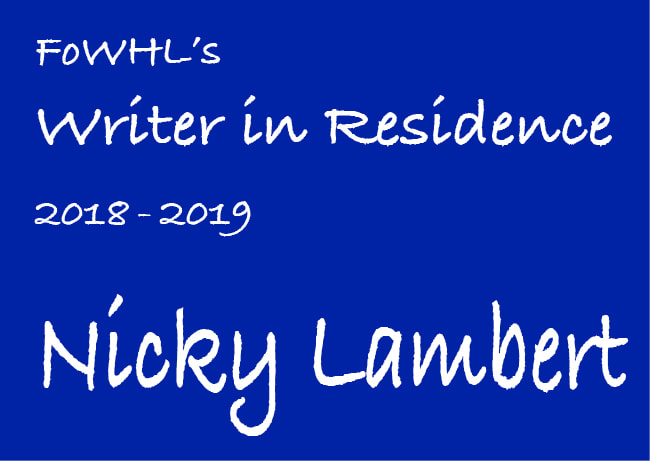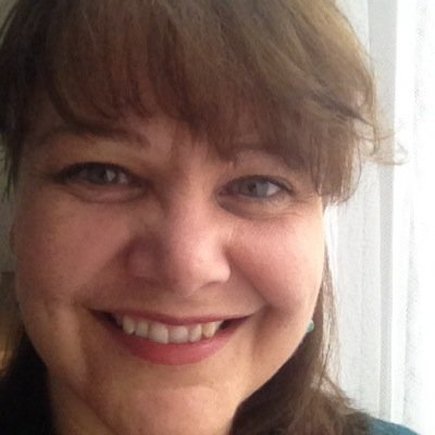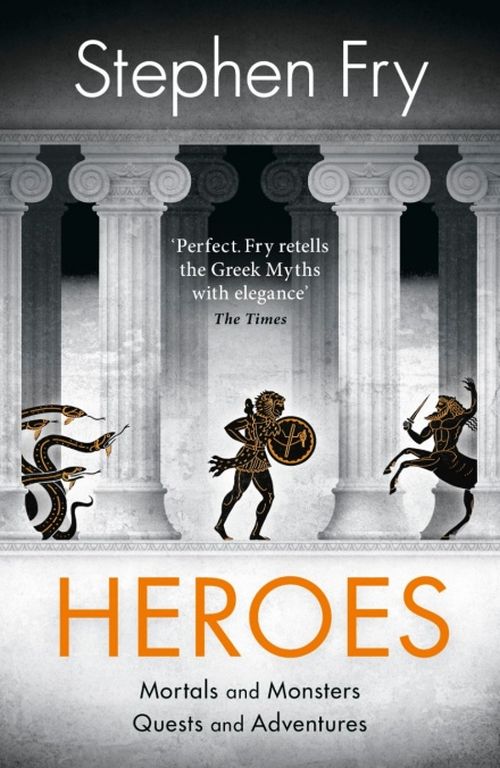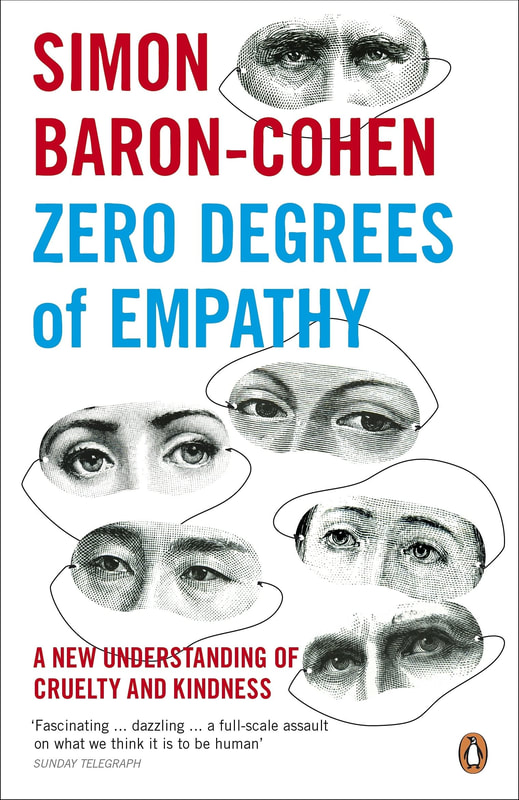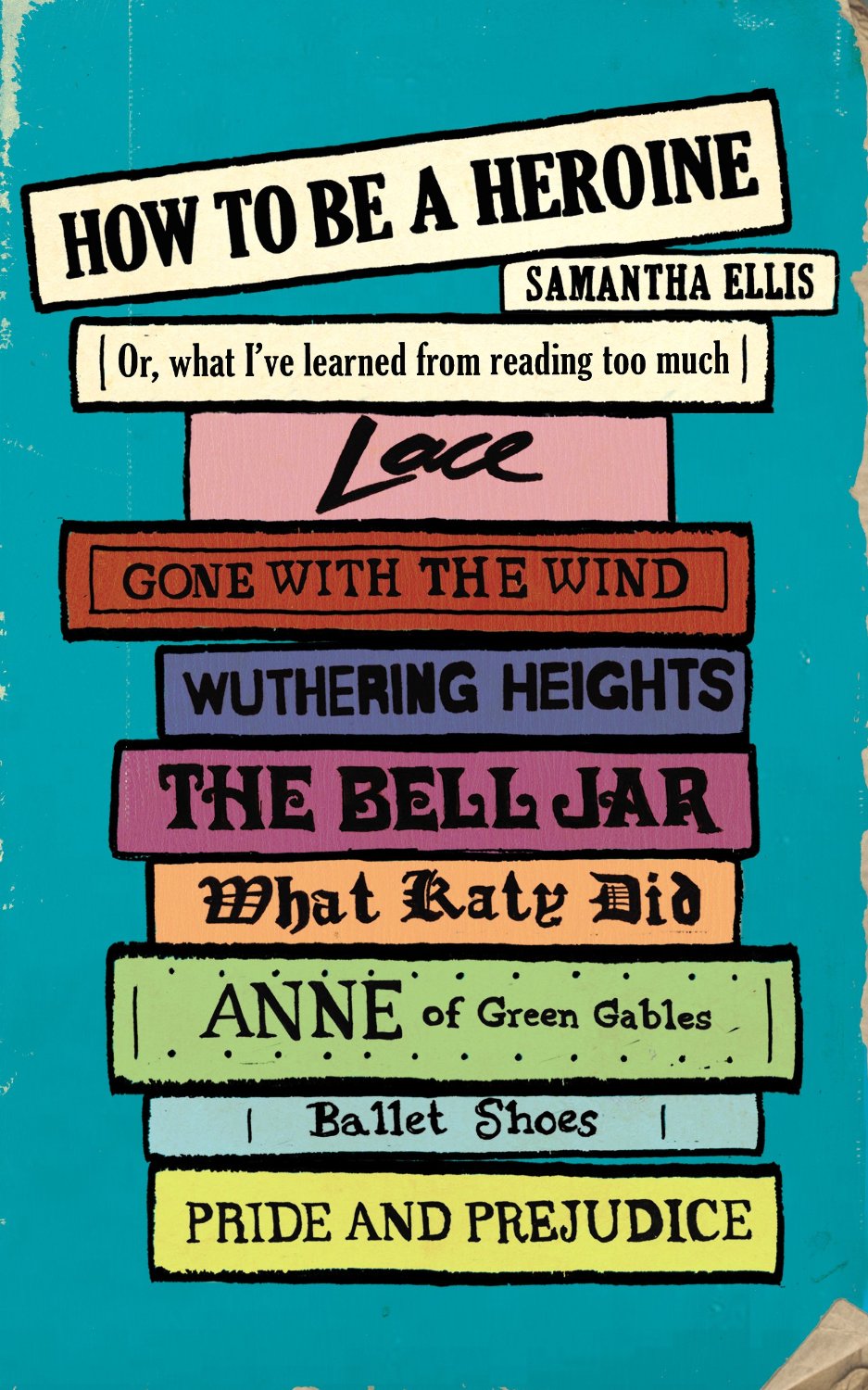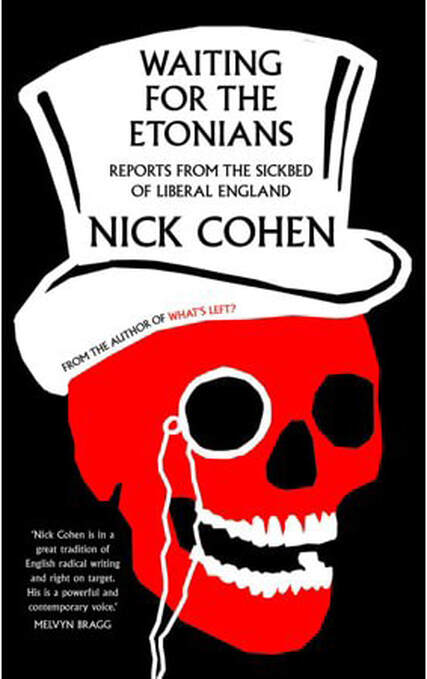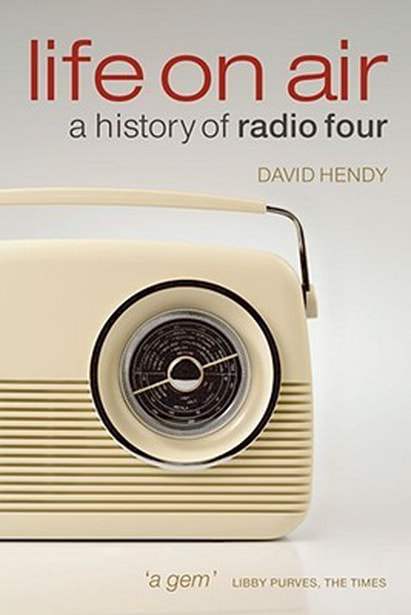|
October 2019
Last blog – A love letter to the essay Over the last year I have been venturing to different parts of our library to try and push my reading outside its habitual bounds. I have been working my way around and I’ve reached the literature section. I enjoy poetry but in all honesty, I have little intelligent to say about it. It always seems so personal, the ones that speak to you go bone deep. Whilst our humanity links us there’s something intimate in poetry and too revealing for me - however I absolutely love an essay! Aldous Huxley defines the essay as, ‘a literary device for saying almost everything about almost anything’. I enjoy following someone else’s thoughts, seeing how they make sense of the world. My mind can run parallel with someone else but never find the same track. Like the best conversations an essay broadens your perspective whilst allowing you the ability to pause, digest, question and on occasion secretly look up words! We have a small but excellent selection of them here in West Hampstead. Apart from the delight that comes from reading wise Montaigne, the polemical but clear-sighted Orwell and the hilarious Sedaris; there are some unusual options which might interest you. Artful (828.920) by Ali Smith is part essay, part novel. It’s a playful, disorientating exploration of memory, thought and loss. It’s a story about thoughts and thoughts about stories. Zadie Smith’s Changing My Mind (824.914smi) is more conventional in form but not in content. She engages with disparate topics ranging from ‘pragmatism’ to ‘accents’ and dances through cultural criticism - lucid, precise and viscerally engaged. I especially enjoyed her thoughts on Middlemarch, a book I enjoy more each time I revisit it. Marina Warner’s Signs and Wonders (824.914) are the reveries of a virtuoso who roams across her themes with confidence and clarity. It’s a collection of writing from the last 25 years - a treasure trove of reflection and critique on culture, religion and fairy stories. I particularly enjoyed her thoughts on Christine de Pizan’s the City of Ladies, I’d heard of it, but was intrigued by her take on the book - which I’ll now have to read for myself!. A perennial hazard of reading well-read people that you keep encountering more texts which elbow their way onto your ballooning reading list! The Geek Feminist Revolution (305.42) is completely different again, it is Kameron Hurley’s award-winning call to arms ... a thought-provoking and direct commentary on pop culture from the misogyny of Gamergate, to public speaking. She has adapted this work from her from her blogs which gives the book an immediacy and currency. She’s writes commandingly about her experiences – she is particularly interesting on failure and despite many challenges she remains hopeful and optimistic. My last choice is a book I sought out as part of black history month - Jesmyn Ward’s The Fire This Time (305.896073) a collection of essays from a range of writers. She turns to the brilliant James Baldwin for her title which is taken from his 1963 book The Fire Next Time, which in turn borrowed from an old Spiritual called ‘Mary Don’t You Weep’. Looking at how these ideas build on each other as a dialogue is exciting to see. The content though is chastening. We are clearly far from being a post-racial society and I found that Carol Anderson’s writing on ‘white rage’ stayed with me, particularly in the context of recent debates on voter suppression. Most moving of all though was Garnette Cadogan’s experience as walking the streets as a black man. I seek out books about walking (which is surprising as I’m quite lazy!) but this really demonstrated for me vital gift of empathy and being able to encounter society from the perspective of others. Writing like his makes me ever-grateful for the way that books facilitate this opportunity. This is my last blog for FOWHL and it’s been a joy to write them over the course of the year. I’ve been able to explore genres I would normally avoid, although I still need to get around to sci-fi! I certainly have a better understanding of all the opportunities afforded by having a local library. I have loved coming to hear writers speak, I’ve been helped and advised by the people who work there, who come in to quietly read the magazines, who bring their children, who meet to talk about ideas and come to enjoy the key resource that is free access to books I’ve been on quite a journey - thank you. I’ll leave you with these wise words from Michel de Montaigne who’s essay On Friendship (844.3) is another delight we can all enjoy. ‘When I am attached by gloomy thoughts, nothing helps me so much as running to my books. They quickly absorb me and banish the clouds from my mind’. September 2019 Happy Travels I’m just back from a holiday to Scotland and this blog explores some of the travel writing I chose for the long train journey. I began at Euston with ‘The Virago book of Women Travellers’ (910.88042) and was quickly outclassed by legions of Victorian matriarchs taking off on camels across the deserts of Arabia with nothing but a ‘no-nonsense’ approach. Whilst I got some excellent suggestions for ‘follow-up’ reading from this anthology I found that I just wanted more of extracts that I enjoyed rather than tantalising scraps. The titles of the books that the excerpts are drawn from though are delightful, they range from ‘On Sledge and Horseback to Outcast Siberian Lepers’ to my personal favourite ‘Domestic Manners of the Americans’. My second choice proved an absolute delight. I stumbled across it by chance and had not heard of it before - it’s Evelyn Waugh’s ‘Labels’ (910.091822) a description of a journey he took in 1929 around the Mediterranean. It’s is the antidote to books about explorers plunging off with what Baudelaire called “gout du gouffre” (a taste for the abyss). It is more a sedate, sardonic ramble with an hilarious companion. I giggled my way through Waugh’s descriptions of Venice and Mount Etna and his jaundiced observations on his fellow tourists and locals. His approach to writing about travel is frank, personal and whilst it has a ‘vintage’ quality (i.e. it’s not very PC), I found it very funny. ‘Pathways’ (914.20486) by Nicholas Rudd-Jones and David Stewart is very different take on the idea of travelling - it is an introduction to the trackways around Britain. It has lovely photographs illustrating the different types of paths, trails and routes. In addition each has a well-described walkway as an exemplar and further resources to follow up areas of interest. There are also interesting asides on the history of everything from Smugglers Trails to Monks Trods, I hadn’t heard of Corpse Roads and found that chapter fascinating! Robert Macfarlane’s ‘The Wild Places’ (914.10486) is a lyrical exploration of the meaning of wildness as well as a pilgrimage to try to find and experience it. As with all his writing it is concerned with the personal, political and natural worlds all in equal measure. It contains a beautiful piece of writing about a journey on foot that has also been published separately called Holloway. Living in a city, I find just reading his work rejuvenating, it is so different from my everyday experience and the beauty of books like this is that you can travel without actually having to go anywhere. My last pick continues the idea of travel being about seeing things differently, it is ‘Sightlines’ (914.110486) by Kathleen Jamie. She wrote a nature book previous to this one but here she adds in a range of perspectives by going down to cellular level and up to the northern lights. She moves through space but also through time as she looks across the years to explore cave paintings. Her writing is dense and poetic, and I loved it. For example she describes being bowled over by the wind on the island of Hirta: “The sensation is not of being tumbled like a leaf, but of being thumped by an invisible pillow. It doesn't hurt if you've got lots of clothes on; one just finds oneself on one's knees, as if beholding a miracle”. There were many passages that have stayed with me and ‘Sightlines’ is a good choice for a train journey because I found myself stopping to think about the imagery and ideas and just staring out of the window. On a long train journey you don’t have to feel guilty about taking your time and there’s no pressure to rush because there’s nowhere to go - you can just relax and enjoy a journey within a journey. TO READ NICKY'S RECENT BLOGS CLICK HERE |
Nicky Lambert was FoWHL’s third and most recent Writer in Residence, and like her predecessors she is a big fan of libraries. After studying History and English, Nicky qualified as a mental health nurse, and is now an Associate Professor and Director of Teaching and Learning Mental Health and Social Work at Middlesex University in Hendon. She has been a member of West Hampstead Library since moving here 2011 and tweets about mental health and wellbeing under the name @niadla
TO READ NICKY'S OTHER BLOGS CLICK HERE |

